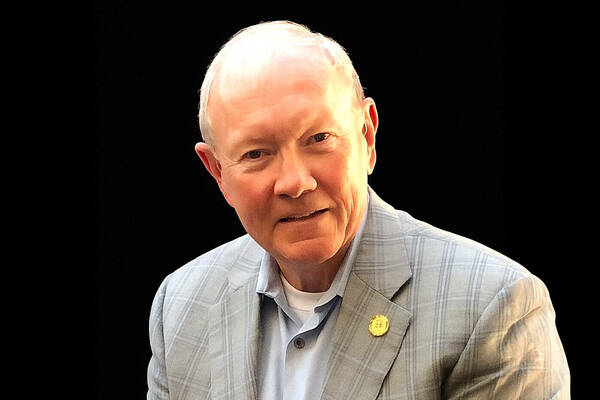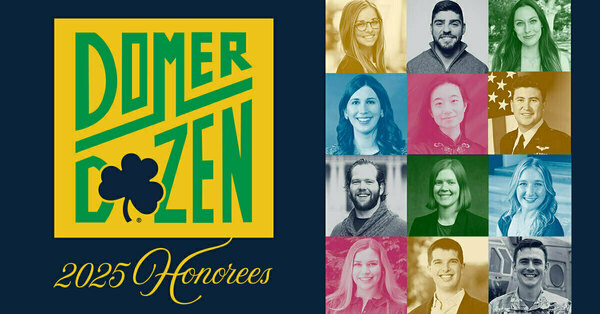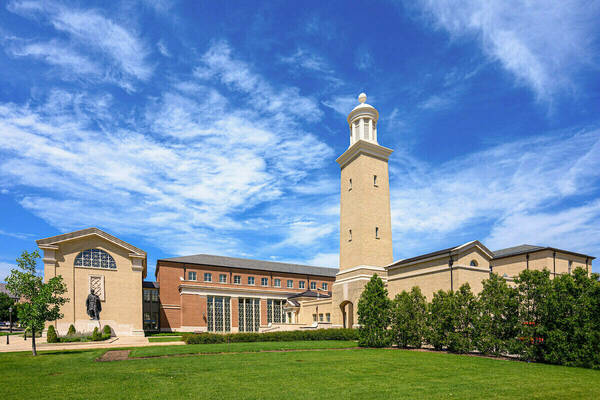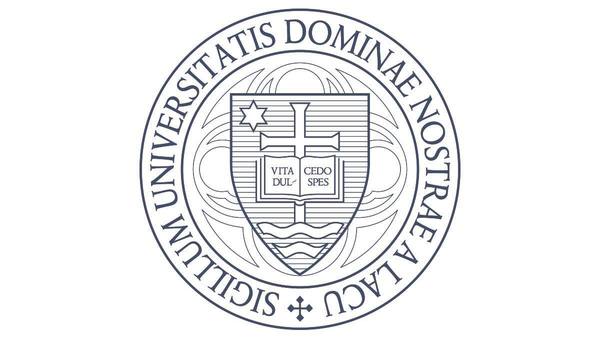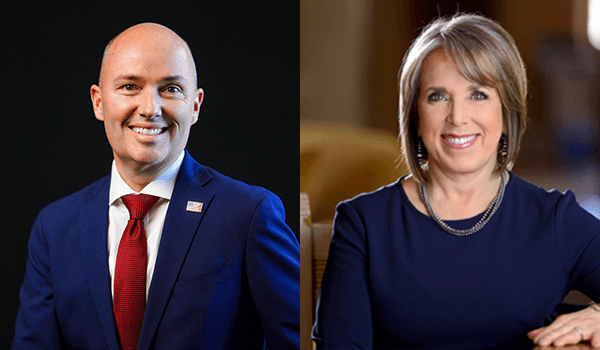In memoriam: Frank H. Collins, professor emeritus in the Department of Biological Sciences

Frank Hadley Collins, professor emeritus in the College of Science at the University of Notre Dame, died Nov. 16 in Tucson, Arizona. He was 80.
Collins, the former George and Winifred Clark Chair in the Department of Biological Sciences, retired in 2019 after a long career as one of the country’s leading researchers in vector biology. He performed genome-level studies of arthropod vectors of human pathogens, and completed field and laboratory research on the mosquito Anopheles gambiae, the primary vector of malaria parasites in sub-Saharan Africa.
“Someone once said that if you think you are leading and turn around to see no one following you, then you are just taking a walk. Frank was always running a few steps ahead of others in his field and definitely was not just taking a walk,” said Bernard Nahlen, director of Notre Dame’s Eck Institute for Global Health. “He was a remarkable thinker and leader but also a very humble guy who never turned around to look behind, since he was always looking forward to addressing the most challenging questions in his field.”
Collins joined the faculty at Notre Dame in 1997 after 14 years at the Centers for Disease Control and Prevention (CDC) in Atlanta, where he was chief of the Vector Genetics Section of the Center for Parasitic Diseases. He earned his bachelor’s degree in biology from Johns Hopkins University, held a master’s degree in English literature from the University of East Anglia in Norwich, England, and earned his doctorate in entomology from the University of California, Davis.
Collins directed the Anopheles gambiae genome project VectorBase — a bioinformatics resource center for arthropod vectors. He also started the Global Health Strategic Research Initiative at Notre Dame that developed into the Eck Institute for Global Health.
Nahlen met Collins in 1986 when Collins was the lead entomologist in the Vector Genetics Section at the CDC.
“I saw firsthand how he went well above and beyond the call of duty when I was asked to go to his apartment to check on him, since he had fallen ill with falciparum malaria,” Nahlen said. “This was a result of Frank feeding wild-caught anopheline mosquitoes from western Kenya on his arm while transporting them back to Atlanta.”
Over his career, Collins published more than 230 papers and sat on numerous boards, committees and panels. He was elected a fellow of the American Association for the Advancement of Science in 1998. A highly decorated researcher, he took special pride in supervising 15 postgraduate students and mentoring 30 postdoctoral scientists during his career. In 2019, the American Society of Tropical Medicine and Hygiene awarded Collins the Harry Hoogstraal Medal for Outstanding Achievement in Medical Entomology.
“He was a good listener and had a knack for bringing people together, be it for purposeful discussions or in collegial fellowship over beverages,” said Crislyn D’Souza-Schorey, the Morris Pollard Professor in the Department of Biological Sciences. “Part of his success was that he recognized the importance of building community to move things forward.”
Late in Nahlen’s career, Collins persuaded him to return to Notre Dame. Both Nahlen and D’Souza-Schorey described Collins as generous with his time, whether professionally or personally.
Collins was married to fellow researcher Nora J. Besansky, the Martin J. Gillen Professor of Biological Sciences. He seemed happiest when watching birds from the deck of their home in South Bend or when observing javelinas and other desert wildlife from their living room after moving to Tucson, Nahlen said.
“Frank had a memorable impact on his field of science, on all whom he trained and all of us who had the privilege to have him as a friend,” Nahlen said.
Originally published by at science.nd.edu on Nov. 22.
Latest University News
- Gen. Martin Dempsey to speak at Notre Dame Forum event on ‘Hope, Global Stability and the Role of the United States’Gen. Martin Dempsey, the retired 18th chairman of the Joint Chiefs of Staff, will join University President Rev. Robert A. Dowd, C.S.C., for a fireside chat at 4 p.m. Friday (Oct. 10), as part of the 2025-26 Notre Dame Forum. The discussion, titled “Hope, Global Stability and the Role of the United States,” is part of the exploration of this year’s Notre Dame Forum theme, “Cultivating Hope.” It will take place in Rooms 215/216 of McKenna Hall and will also be livestreamed. The event is free and open to the public.
- University of Notre Dame joins the Global Coalition of Ukrainian StudiesThe University of Notre Dame has joined the Global Coalition of Ukrainian Studies after signing a memorandum of cooperation, formalized Sept. 24, at the Ukrainian Institute of America in New York City. Notre Dame joined four other American institutions that were also publicly welcomed to the coalition at this event: Arizona State University, Columbia University, Manor College and the Shevchenko Scientific Society.
- Alumni Association and YoungND honor 2025 Domer DozenThe Notre Dame Alumni Association announced its 2025 Domer Dozen cohort, honoring 12 graduates ages 32 and younger for excellence in their contributions in learning, service, faith and work — the core pillars of the association’s mission.
- Notre Dame School of Architecture poised for global leadership through historic investmentThe $150 million gift represents an unprecedented commitment in the 160-year history of American architectural education. In recognition of this landmark gift, the school will be renamed the Matthew and Joyce Walsh School of Architecture at Notre Dame.
- Board of Trustees announces external investigation into allegations of past sexual misconduct by former rectorThe University of Notre Dame today announced that the University’s Board of Trustees has convened a special committee at the request of President Rev. Robert Dowd, C.S.C., and John Veihmeyer, chair of the Board of Trustees, to oversee an external investigation into allegations that Rev. Thomas King, C.S.C., engaged in sexual misconduct while rector of Zahm Hall, where he served from 1980 to 1997. The external investigation will be led by Helen Cantwell at the law firm of Debevoise & Plimpton LLP, and the key findings of the investigation will be shared with the University community.
- Notre Dame Democracy Initiative hosts bipartisan conversation with Western state governorsTwo Western state governors known to work across the aisle on policy issues such as water, housing and energy will visit the University of Notre Dame for a fireside chat about how Western state pragmatism can serve as a model for the country to overcome polarization.








